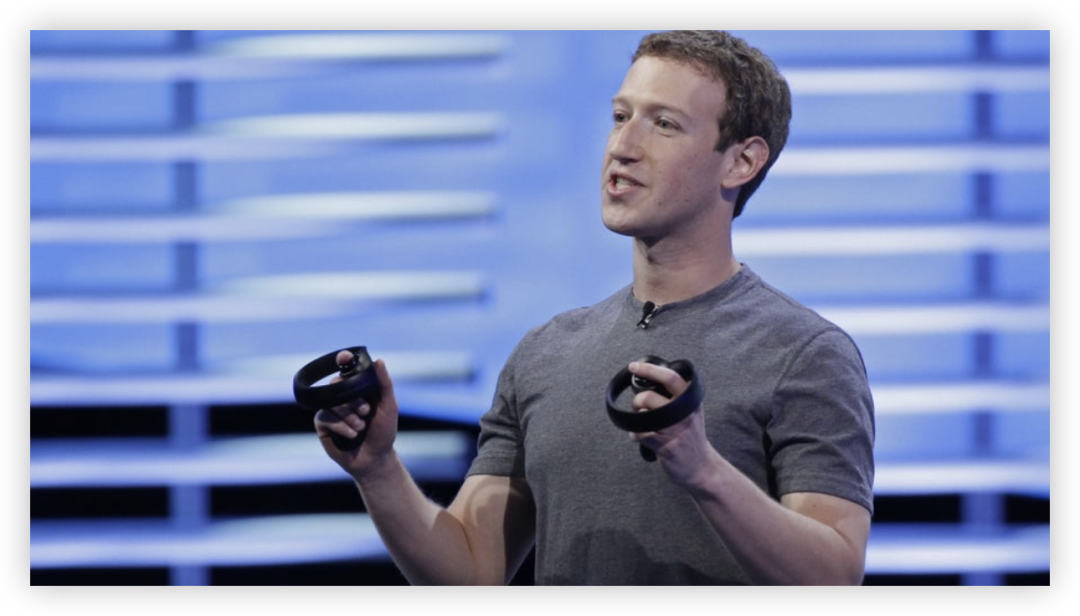AI-Powered: Can Meta Metaverse Employees Really Achieve a Five-Fold Productivity Leap?

When Mark Zuckerberg renamed "Facebook" to "Meta," he painted a grand vision of the metaverse. Now, the builders of this virtual world have been given an even more ambitious goal: a "five-fold" increase in productivity! This is no small number, and the answer given by Meta's Metaverse Director Vishal Shah aligns perfectly with Zuckerberg's recent favorite—artificial intelligence.
Meta's "Five-Fold" Ambition: AI as the Core Engine
There was a time when the metaverse was Zuckerberg's darling, carrying the vision of comprehensive virtualization of work, culture, and entertainment. Now, despite the addition of AI characters in Horizon Worlds failing to create much buzz, artificial intelligence is attempting to reshape the future of the metaverse in a more profound way.
According to Gizmodo's report, Meta's Metaverse Vice President Vishal Shah is actively encouraging his team to embrace AI, with a target not of a simple 5% improvement, but a "five-fold" efficiency leap. This is no empty talk—Shah emphasizes that this means integrating AI into everyone's daily work routine, making it a "second nature," as natural as relying on other tools.
AI Infiltration: From Code to Creativity
Meta's expectations for AI are not pie in the sky. Zuckerberg revealed as early as spring 2025 that starting from mid-2026, AI agents will handle most of the R&D responsibilities; by late 2026 at the latest, most of Meta's code will be completed by AI tools. It's evident that Meta's AI offensive is comprehensive.
Shah's envisioned "five-fold" productivity improvement is by no means achievable through a few simple AI interventions. This requires employees to fundamentally transform their work patterns.
By the end of 2025, the metaverse department expects 80% of employees to integrate AI tools into their daily routines. These tools will be deeply integrated into "every major database and every workflow."
More importantly, AI integration is not limited to programmers—project managers and designers will also be beneficiaries. Although Shah remains somewhat reserved about AI's specific functions, the vision of accelerated prototype design and feedback cycles shortened from weeks to hours is undoubtedly exciting.
Challenges and Opportunities Coexist
However, the introduction of AI is not without concerns. The potential "hallucination" issues (generating inaccurate or illogical content) that AI may encounter during coding, as well as the reshaping of AI workflows, are real challenges Meta needs to face. A study from MIT also poured cold water on the enthusiasm: so far, 95% of companies that have fully adopted AI have seen minimal improvements in profitability.
Conclusion
Meta's bet on AI in the metaverse is undoubtedly a bold attempt. This is not just about the iteration of technological tools, but also a profound exploration of future work patterns. Can AI truly become the "booster" for metaverse employees to achieve a five-fold productivity leap, or even redefine how we interact with virtual worlds? We'll wait and see. This is not just Meta's internal transformation, but also heralds the arrival of a new workplace era deeply driven by AI.
分享文章
3篇相关文章
When AI Wave Sweeps the Globe, Why Is Meta Still 'Stubbornly' Sticking to the Metaverse? A Future Battle You Might Not Understand!
2025-08-15
In the current AI frenzy sweeping the globe, Meta's continued massive investment in the metaverse is particularly eye-catching. Is this Zuckerberg's 'stubbornness' or a future layout we haven't yet seen clearly?
Microsoft vs. Meta: Who Will Define the Metaverse's Digital Future?
2025-07-14
The metaverse is heating up as tech giants Microsoft and Meta unveil radically different visions for our digital future. This article analyzes their strategies, explores how they aim to shape our work, life, and social interactions, and looks ahead at how this tech race could redefine the digital world.
2025, Is the Metaverse 'Dead'? Nvidia and Roblox Smile Silently!
2025-12-30
Fervor recedes, those swimming naked scatter. When Roblox stops talking about Metaverse, when Nvidia quietly profits in factories, the real metaverse is just beginning.